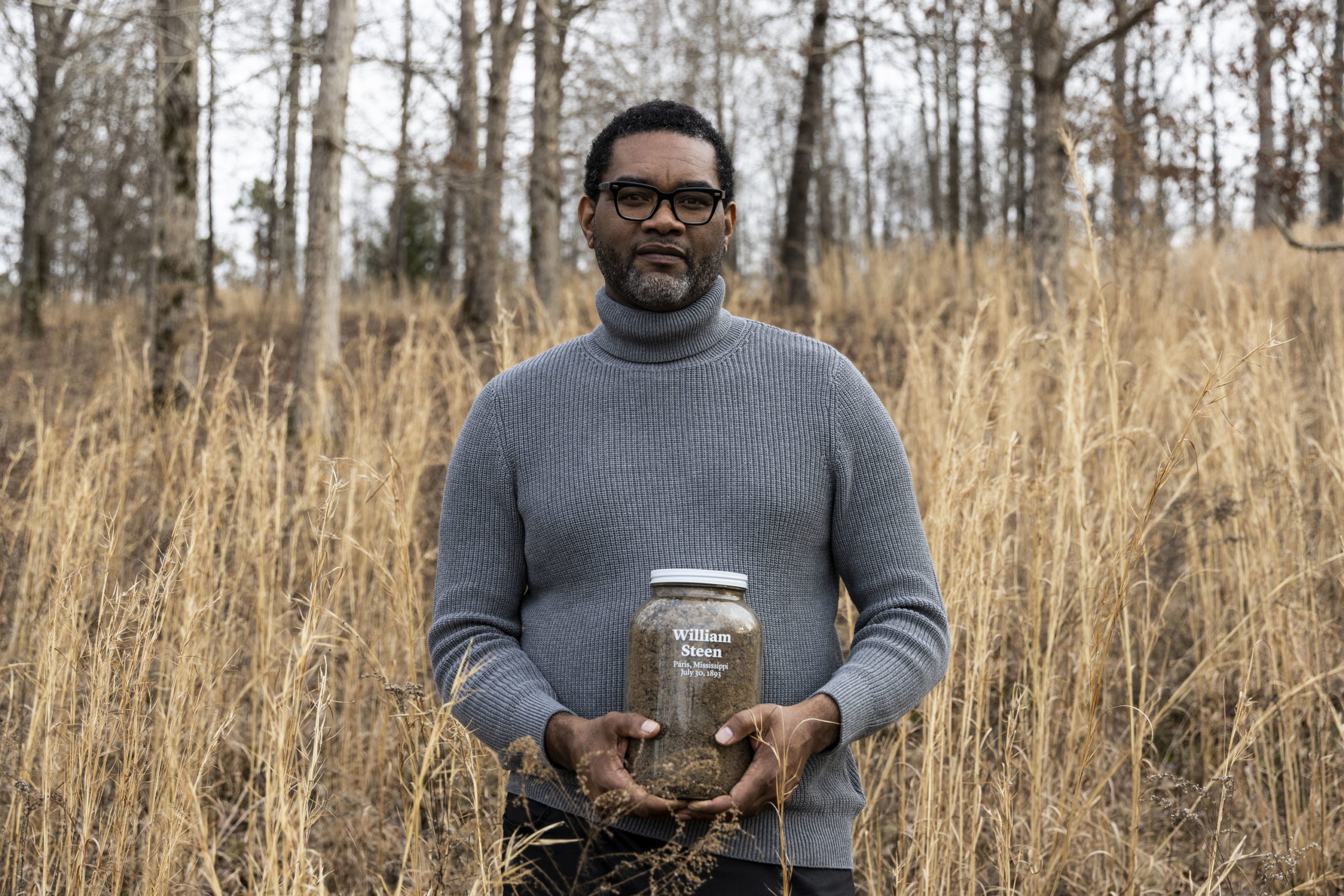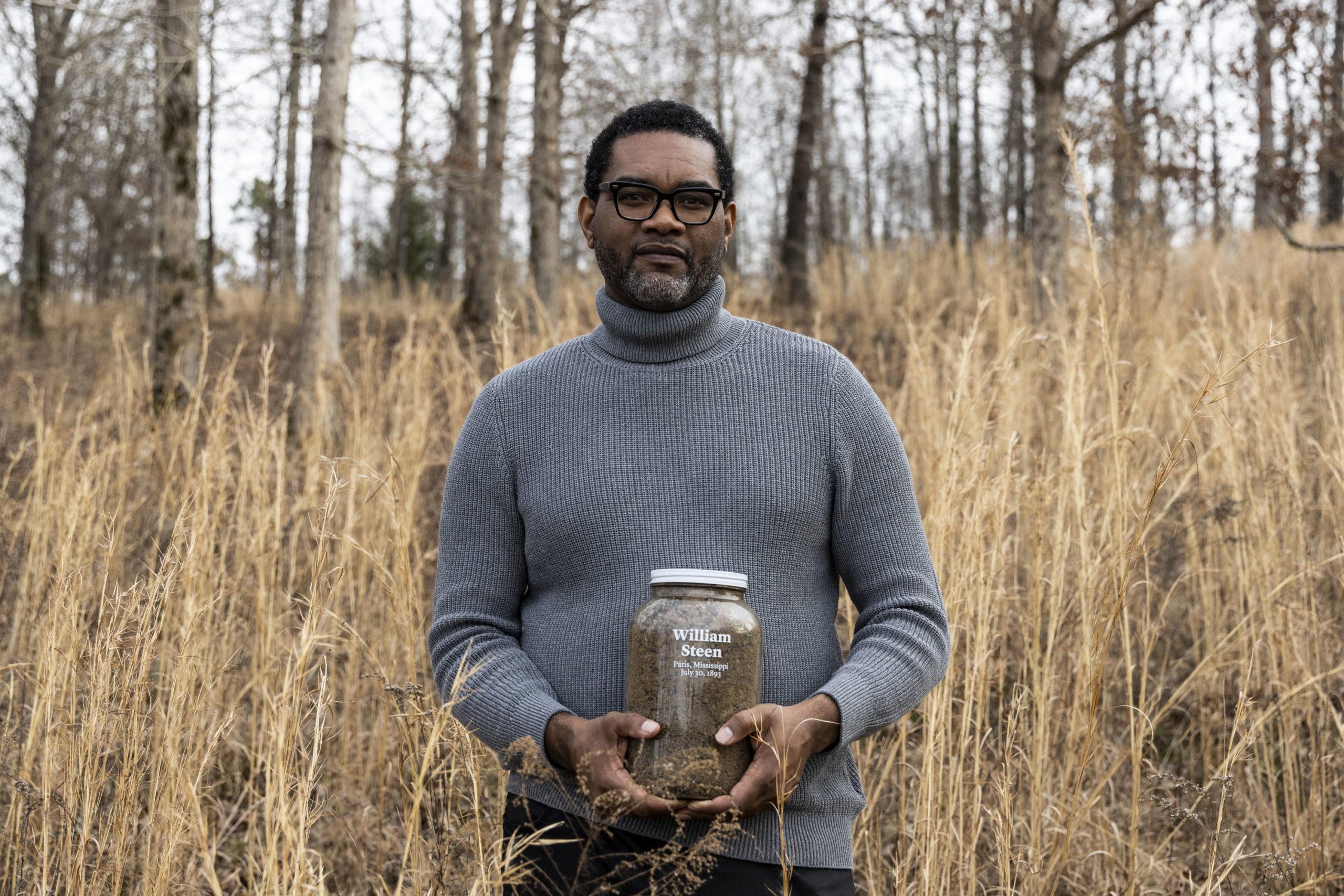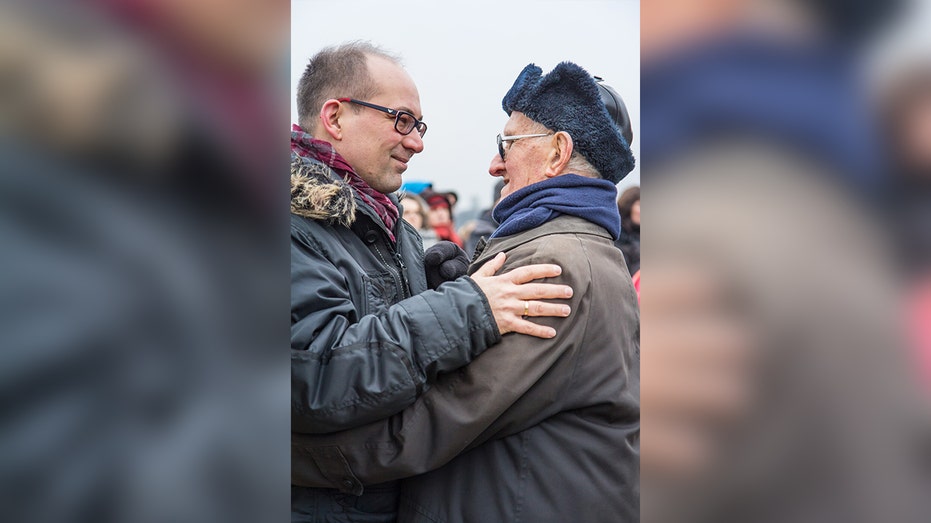
The Transformation of Tübingen: From Shadows to Light
The picturesque German college town of Tübingen, with its enchanting landscapes and vibrant university life, bears a profound contrast to its dark history associated with the Nazi regime. Located in the charming southwestern region of Germany, Tübingen has a population of around 90,000. However, this idyllic town once played a significant role in the horrors of the Holocaust, particularly as the former home of Theodor Dannecker, a Nazi captain and close associate of Adolf Eichmann—the notorious architect of the Holocaust.
A Troubling Legacy
The impact of World War II looms large in the collective memory of Tübingen. In 1933, the University of Tübingen made a chilling declaration, branding itself “Jew-free,” a stark reminder of the town’s grim alignment with Nazi ideology. This historical context stands in contrast to the town’s current efforts to confront and reckon with its past, ultimately aiming to foster reconciliation and understanding.
Jobst Bittner, founder of the TOS Church in Tübingen and the March of Life initiative, poignantly highlights the necessity of this reckoning. “We can only live here as Christians in this congregation if we take responsibility for the history of this city,” he stated in an interview with Israel’s Channel 11. Through initiatives like March of Life, which unites descendants of Nazis, Christians, and Jews in marches against antisemitism worldwide, Tübingen is actively attempting to bridge the chasm created by its historical shortcomings.
A Community in Action
Recently, a televised segment showcased the church’s commitment to social justice and dialogue. A large banner hung prominently, demanding justice with the phrase “Bring Them Home Now,” a call for the release of nearly 100 Israeli and American hostages held by Hamas in Gaza since October 7, 2023. The TOS Church has transformed into a hub of education and awareness, offering merchandise and literature related to Israel. Notably, the building’s basement is home to the “Museum of Guilt,” a stark reminder of the atrocities committed during the Nazi era. This museum features photographs of local Nazis and haunting images of mass graves, previously tucked away in cigar boxes as hidden memorabilia.
Expressions of Solidarity
In another touching segment of the televised report, young members of the church were captured singing “Am Yisrael Chai” (“The People of Israel Live”), though their knowledge of Hebrew was limited. During the Jewish holiday of Sukkot, church members actively participate by constructing sukkahs (temporary huts) to honor the liberation of the Israelites from Egyptian slavery. These acts reflect a growing awareness and solidarity with the Jewish community.
Heinz Reuss, an elder at TOS Church and international director of the March of Life initiative, shared a deeply moving account of last year’s Sukkot celebration held in Tübingen’s central Market Square. A local rabbi participated, offering blessings, as he does during the Hanukkah festivities, lighting menorah candles. Reuss emphasized how the church staged a musical performance titled *A Ship Makes History* during Hanukkah. Written by Michaela Buckel, the March of Life program director, the production tells the story of a Holocaust survivor and the Exodus, providing a gentle way to educate children about the Holocaust while celebrating Jewish resilience.
A Personal Awakening
“I wanted to focus the play on this willingness to live and to fight for new life, even though it’s hard,” Buckel expressed, showcasing her commitment to advocating for remembrance and healing.
Reuss’ reflections on the church’s integration of Jewish traditions are rooted in an acknowledgment of Christianity’s deep-seated Jewish heritage. “That’s where the blessing comes from,” he affirmed, highlighting the importance of recognizing shared roots.
The year 2003 proved pivotal for the church community as many members unearthed painful truths about their family histories being entangled in the Nazi regime’s actions. Reuss recounted this period of awakening as “a powerful time of repentance and healing.”
Personal Stories of Discovery
Among these revelations was the poignant experience of Kim-Sophie Kasch, a 24-year-old worship leader at TOS Church. She recounted discovering at the age of seven that her great-grandfather had served in the Wehrmacht, the armed forces of Nazi Germany, in regions where atrocities against Polish-Lithuanian populations and Jews were committed. Her father’s reaction upon learning of his father’s involvement in such crimes was one of profound shock and disbelief. “He was really shaken when he heard about his grandpa,” Kasch shared, describing her family’s emotional turmoil.
Reuss further highlighted the painful discovery of eight concentration camps located near Tübingen and the harrowing reality of death marches that occurred in the area. “Everything became visible. Everyone saw it,” Reuss remarked. These realizations compelled the church to organize a prayer march, bringing together descendants of Holocaust survivors and descendants of Nazis, transforming it into a significant three-day commemoration.
The March of Life Initiative
Since its inception in 2007, March of Life events have taken place in hundreds of cities across more than 20 countries. These initiatives serve to unite Holocaust survivors and their descendants with those whose families were part of the Nazi regime at concentration camp sites and mass graves throughout Europe, promoting remembrance, reconciliation, and a unified stand against antisemitism.
By 2009, the movement expanded into the United States under the name March of Remembrance. This annual event takes place in the spring during Yom HaShoah (Holocaust and Heroism Remembrance Day) and serves as a vital platform to confront historical injustices while honoring Holocaust victims and their families.
The Message of Remembrance and Reconciliation
Reuss conveyed the essence of the March of Remembrance, stating, “The message is remembrance, reconciliation, and standing for Israel while opposing antisemitism.” This initiative encourages participants to reflect on the lessons of the Holocaust and to actively confront antisemitism within their families and communities.
In a town marked by its dark history, Tübingen is transforming its narrative, fostering a community of remembrance, education, and solidarity. The journey of reconciliation from a haunting past to a hopeful present continues, as the citizens of Tübingen embrace their history and work tirelessly to ensure that such atrocities are never repeated.


















